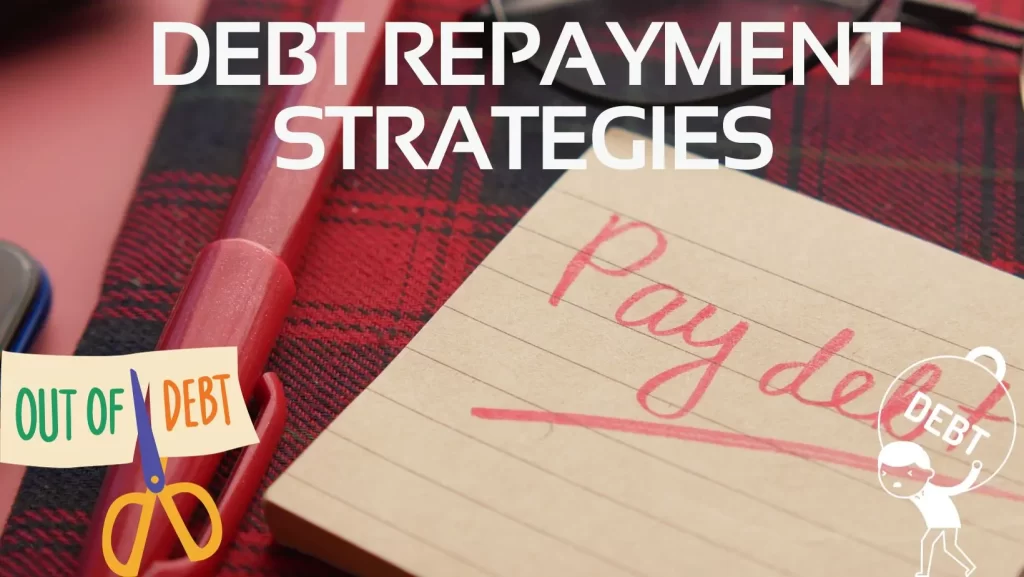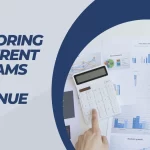A key component of personal finance is debt management, and achieving financial freedom can be facilitated by using sensible debt repayment strategies. Achieving a debt-free future requires knowing and putting into practice the best repayment options for each type of debt, including credit card balances, student loans, and other loans. To assist people in making wise decisions and taking charge of their financial well-being, we shall examine several debt repayment strategies in this post.
Snowball Method:
The Snowball Method is a well-liked debt reduction technique. This strategy, which was developed by personal finance expert Dave Ramsey, is paying off the smaller bills first and only making the minimum payments on the larger ones. The money allotted for the smallest debt is carried over to the next smallest debt after it has been paid off. As a result, the snowball effect occurs, speeding up the repayment of debt and boosting confidence as smaller debts are paid off.
Avalanche Method:
Debts with the highest interest rates should be paid off first, according to the Avalanche Method. Individuals might reduce their total interest paid over time by giving priority to debts with high interest rates. In the long term, this approach can save a lot of money on interest payments, even though it can take longer than the Snowball Method to realize noticeable effects.
Debt consolidation:
It is a financial strategy whereby several debts are consolidated into a single, more manageable loan. Personal loans, home equity loans, and bill transfer credit cards can all help you do this. People might simplify their financial commitments by merging their debts and taking advantage of reduced interest rates or fixed repayment schedules. To make sure consolidation is a financially sensible choice, it’s important to thoroughly consider the conditions and costs involved.
Budgeting and Cost-Reduction:
One of the most important debt management techniques is to put in place a thorough budget. People who keep track of their earnings and outlays often find areas where they can make savings and devote more money to paying off debt. You can speed up the payback process by freeing up additional funds by setting and following a realistic budget.
Dealing with Creditors:
People who are having financial difficulties can sometimes work out better terms with their creditors. This can entail asking for longer payback terms, lowered interest rates, or even a smaller debt settlement. Being upfront with creditors can lead to more accommodating agreements that give debt-ridden people short-term respite.
Increasing Income:
Increasing sources of income is another sensible tactic. This can be accomplished by looking for work that pays more, creating a side business, freelancing, or taking on a part-time job. More money can be put directly toward paying off debt, hastening the process and lightening the total financial load.
Creation of an Emergency Fund:
Setting up an emergency fund is a proactive move to keep future debt accumulation at bay. A safety net for money can help cover unforeseen costs and lessen the need for credit cards or loans during hard times. Through proactive management of potential financial obstacles, people can maintain their debt repayment strategies and progress.
Financial Counseling and Education:
Consulting with financial counselors or enrolling in financial education courses can offer important perspectives on how to handle debt effectively. These experts can provide individualized guidance, assisting people in creating a plan that is specific to their own financial circumstances.
In summary
Achieving financial independence and stability requires effective debt management and repayment. The best debt repayment strategies will vary depending on personal preferences, financial objectives, and circumstances. The important thing is to reduce and eliminate debt by taking proactive measures, whether that be through the cost-saving focus of the Avalanche Method, the motivational approach of the Snowball Method, or a combination of several tactics. Individuals may create a strong foundation for long-term financial success and pave the path to a debt-free future by doing their research, setting realistic budgets, and investigating their options.



